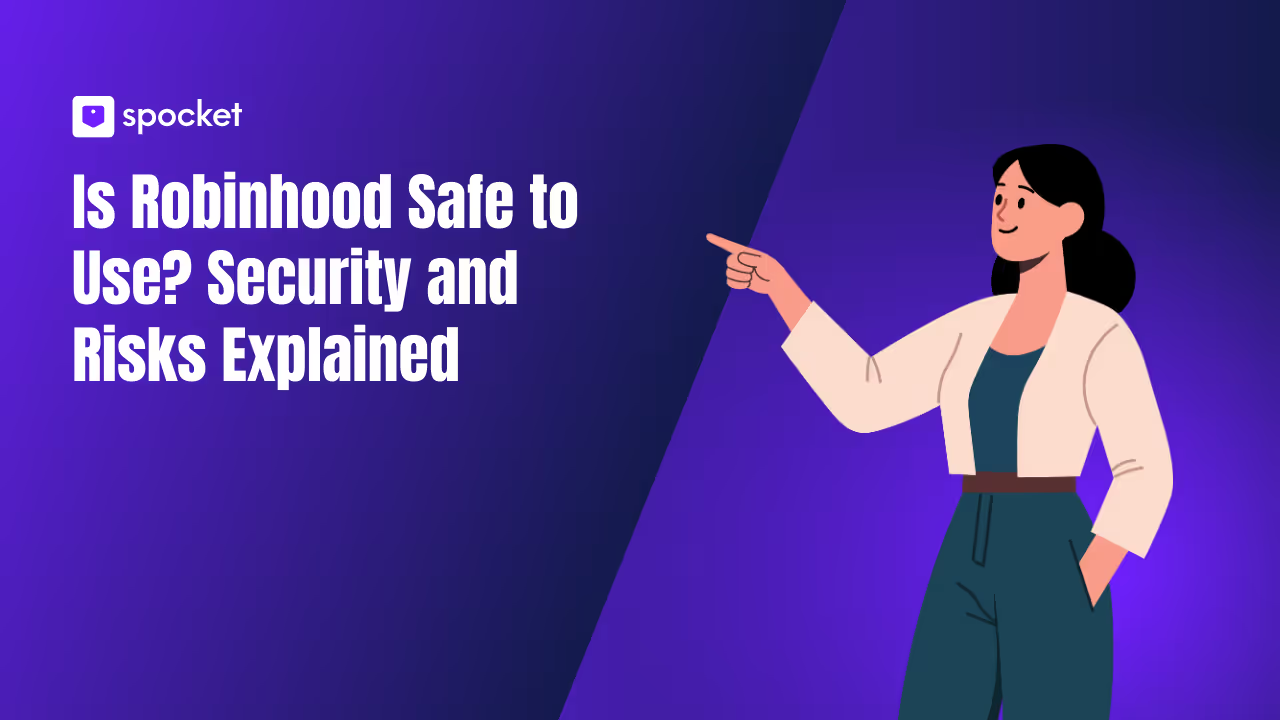WooCommerce vs Shopify vs BigCommerce: The Ultimate 2026 Dropshipping Comparison
What it all comes down to is where your priorities lie. WooCommerce, Shopify and BigCommerce all have their strengths and weaknesses, so you need to align yours to the best match. Find out the pros and cons to each dropshipping platform for your dropshipping store.


The beauty of dropshipping is that you have less to worry about. Shipping, storage, and stock levels are all in the hands of your suppliers. However, the other side of the coin is that the decisions you do have to make — like which platform to host your ecommerce site — have to be made with the utmost care. Choices like WooCommerce vs. Shopify can make or break your entire business.
For dropshippers, the extra time you save not having to worry about logistics should go back into your site. You need your online store to look and function at optimal levels the same way brick-and-mortar retailers need to keep their stores organized and swept daily. But to have the most effective ecommerce site, you need the platform best for you and your business style.
In this article, we compare the three most popular ecommerce platforms for dropshipping. These aren’t the only choices, but they are the most popular overall. While they’re all effective ecommerce platforms, this guide examines which are the best for dropshipping specifically.
WooCommerce Dropshipping Store
Let’s start with WooCommerce, a user favorite for ecommerce.
Technically, WooCommerce isn’t a platform itself — the platform is WordPress, and WooCommerce is just a powerful plugin that adds ecommerce functionality like product pages and checkout. That’s not necessarily a bad thing, though. WordPress is a well-respected name in site hosting and still enjoys a robust community of third-party designers.

That means all the advantages of WordPress are advantages of WooCommerce. You can use any plugin you want, ecommerce or not, to add special flair and uniqueness to your site. That includes our own Spocket plugin, which makes adding dropshipping products to your site as easy as a click of the button.
On the other hand, all the disadvantages of WordPress affect WooCommerce sites as well. For one thing, WordPress is targets broad audiences of any industry, so they lack some ecommerce-specific features that sites like Shopify have in abundance. Also, unless you’ve used WordPress before, you made need to familiarize yourself with how it works.
What really makes WooCommerce stand out in this list is its customization capabilities. Even though all these sites are template-style site builders, WooCommerce still gives users the most options for design and personalization, via the WordPress interface. But those options aren’t free; you’ll have to buy the right plugins and templates for full customization.
It also puts the much of the design work in your hands, for better or worse. If you don’t have much design experience, you might want to study up on some common design mistakes to avoid.
If your marketing strategy involves exemplary site design, originality, and a strong brand personality, WooCommerce can do the most for you creatively.
Pricing:
- Free. However, you’ll have to pay for hosting separately, and also plan to spend some money on third-party plugins and templates.
Pros:
- Lots of design customization options.
- Low-cost. The plugin itself is free, so you only have to spend on hosting and whatever feature plugins you buy. You can easily find a full list of web hosting solutions for e-commerce websites.
- Great for content marketing. WordPress originated as a blogging platform, so its content editors set the standard.
Cons:
- More hands-on site building, which involves a small learning curve and extra time spent searching the plugin store for the right features.
- You have to deal with hosting on your own.
Shopify Dropshipping Store
In the great WooCommerce vs. Shopify debate, Shopify is almost a direct contrast. Shopify doesn’t have all the customization options as WooCommerce, but it offers the ecommerce features the WordPress plugin misses.
Shopify was designed to do one thing — host ecommerce sites — and that one thing it does well. Shopify offers all the features a burgeoning online store needs, including multiple payment gateway options, intrinsic rating system, and social media selling integrations. Whereas other sites require additional plugins for features like discounts or coupon codes, Shopify offers them natively.

Like WooCommerce, Shopify, too, has its own third-party app store if you want to add extra features. This streamlines Shopify dropshipping with direct access to suppliers and one-click functionality. Our Shopify app in particular makes it easy to find and connect with Shopify dropshipping suppliers — you can even browse by location to ensure your shipping times are always minimal.
There’s quite a lot of helpful Shopify apps worth checking out to improve your dropshipping business. If you want to learn more, we review the 16 best Shopify apps here.
The downside, though is that Shopify uses strict cookie-cutter templates. You have enough variety to differentiate your site from other Shopify sites, but if you have big ideas for your site design, you’ll be frustrated at how restrictive its site-builder is. As soon as you pick your template, most of your design choices are already made for you.
Still, it’s one of the fastest and most convenient ecommerce platforms available. If you just want to get your site up and running with as little hassle as possible, Shopify is for you.
Pricing:
- Shopify Lite: $9 per month
- Basic Shopify: $29 per month
- Shopify: $79 per month
- Advanced Shopify: $299 per month
- Shopify Plus: $2,000 - $40,000 per month
Pros:
- Very easy, user-friendly interface
- No design skill required to make a professional-looking site.
- Can set up an entire working ecommerce site in almost no time at all.
- Great for social media marketing, with plenty of integrations.
Cons:
- Very limiting customization stifles creativity.
- Needs extra measures to stand out, otherwise you site will look generic.
- Depending on which plan and gateway you choose, you may be paying too much in transaction fees.
BigCommerce Dropshipping Store
Our final top-performing ecommerce platform is BigCommerce. A lot of people love BigCommerce in the broad context of ecommerce platforms, but how does it compare for dropshipping?
BigCommerce tries to appeal to both first-time site-builders and tech-savvy ones. They achieve this quite well, all things considered, with both a user-friendly interface and more advanced features for those who want them. The trouble is, by trying to appeal to a broad range of skillsets, BigCommerce alienates the true beginners and those who want a more fool-proof system.

It also ranks poorly in ease-of-use, at least compared to WooCommerce or Shopify. What these points amount to is that, to get the most out of what BigCommerce offers requires a deeper investment of time to learn the ropes.
All things considered, BigCommerce is best for the chain stores, enterprises or stores with a broad, all-encompassing product range like department stores. While these are all respectable ecommerce models, none of them apply to dropshippers, who thrive more in specialized and niche markets.
Pricing:
- BigCommerce Standard: $29.95 per month
- BigCommerce Plus: $79.95 per month
- BigCommerce Pro: $249.95 per month
- BigCommerce Enterprise: custom
Pros:
- Casts a wide net for options and features.
- Accommodates stores of all sizes.
- Can be used by amateur and expert designers alike.
Cons:
- Harder to use than WooCommerce or Shopify.
- Better for established online stores than beginners
- If you’re just starting out, you’re paying for a lot of features you can’t use yet
Conclusion
What it all comes down to is where your priorities lie. WooCommerce, Shopify and BigCommerce all have their strengths and weaknesses, so you need to align yours to the best match. What kind of dropshipping store do you want?
If customization, branding, site design, and content marketing are your top priorities, WooCommerce might work best. Under the right circumstances, WooCommerce might also be the cheapest, but that requires not spending much on plugins.
If convenience and getting your store up-and-running ASAP are your top priorities, Shopify is your best bet. Because Shopify has more intrinsic ecommerce features, experienced online store owners might feel more comfortable there.
If you have high ambitions and plan on growing quickly, or if you have a large amount of startup capital to open a larger store, BigCommerce might be your top pick. Like the name suggests, BigCommerce specializes in bigger ecommerce stores, but not so much for first-timers.
Launch your dropshipping business now!
Start free trialRelated blogs

Is OnBuy Legit? Marketplace Review and Buyer Safety
Is OnBuy legit or risky? Learn how OnBuy works, buyer protection, real reviews, counterfeit concerns, and whether it’s safe to shop in 2026.

Monarch Money Review: Features, Pricing, Pros & Cons
Looking for an honest Monarch Money review? Explore features, pricing, pros, cons, and see if Monarch Money is worth the cost.

Is Robinhood Safe to Use? Security and Risks Explained
Is Robinhood safe to use for investing? Learn about Robinhood’s security, risks, SIPC protection, and whether it’s a legit platform for beginners.

































